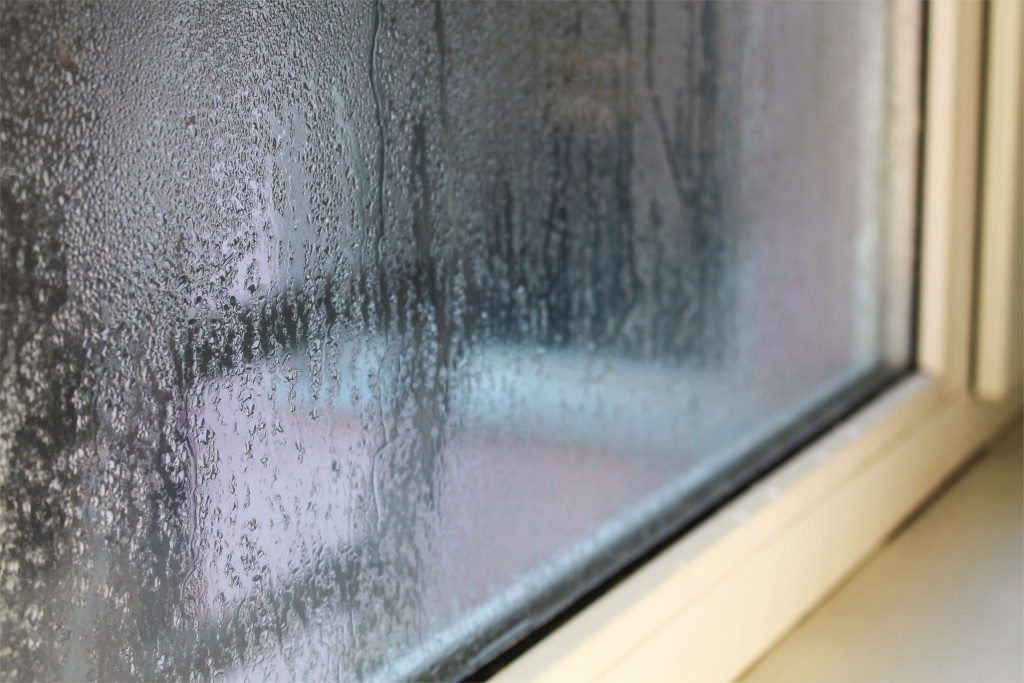When talking about your home’s “comfort”, we often think about the air quality, ambient temperature, and perhaps the furniture we rest on, such as the bed and sofa. Humidity is often overlooked, and homeowners tend to focus more on air flow and the temperature of our home. However, humidity doesn’t only affect how comfortable or cozy your home is, but it actually can influence one’s health and even affect your home itself. So let’s take a look at how high and low humidity can affect you and your home:
High Humidity (50% or More Relative Humidity)
Allergies. High humidity allows for allergens such as mold, fungi, bacteria, and even dust mites to thrive and spread. Dust mites are currently the number one cause of indoor allergens; subsequently, most homes with high humidity suffer from more allergy symptoms.
Discomfort. Higher humidity is often caused by higher temperatures which, alone, can make a home uncomfortable to stay in. But high humidity adds insult to injury by making you and your home feel sticky and stuffy due to the high amount of heated water vapor in the atmosphere. This also makes breathing somewhat difficult and labored.
Electricity Bill. High humidity can make people feel uncomfortably warmer in their homes, resulting in residents turning up their air conditioning or cooling system to feel cooler. As such, your home’s electricity bill starts racking up to keep you comfortable.
Furniture and Structural Damage. Water can negatively affect most furniture and anything made of wood. As such, high humidity can cause your wooden walls, furniture, and floors to be warped and may even cause bad odor due to wood rot or molds growing.
Low Humidity

Cold, Dry, and Itchy. Low humidity makes you feel colder due to the lack of warm water vapor in the air. Low humidity and dry air can lead your throat, eyes, and nostrils to be itchy and dry. What’s worse is that if your mucus membranes (in your nose and throat) dry out due to low humidity, they won’t be able to properly function and protect you from viruses, flu, and the common cold.
Electricity Bill. As an inverse of high humidity, low humidity makes your home feel colder, resulting in you adjusting your thermostat or turning on your home’s heating system to warm up.
Dry Air Damages. Although high humidity can harm your wooden furniture and home structures due to moisture, dry air can cause your wooden furniture to lose structural integrity (as wood needs moisture to remain sturdy). This results in wood cracking, splintering, and even shrinking, which warrants expensive repairs or even replacements. Additionally, low humidity can cause paint off your walls and furniture to dry out and peel or chip away.
Conclusion
There’s no doubt that it’s best to keep your home’s humidity level properly regulated, not too high or too low. Investing in home humidifiers for your home in Park City, Utah, can help you keep your home’s humidity levels at the recommended range (about 40 to 50% relative humidity). You can also try and find homeowners’ tips and recommendations on keeping your home humidity in check. The bottom line is that you need to pay attention to your home’s humidity, and not just the temperature, as it can adversely affect your home and health.






